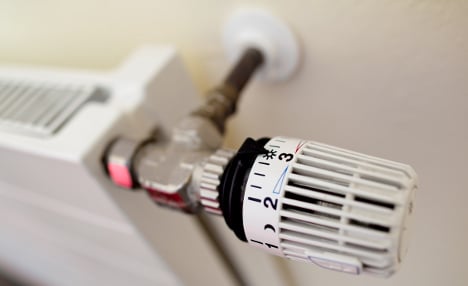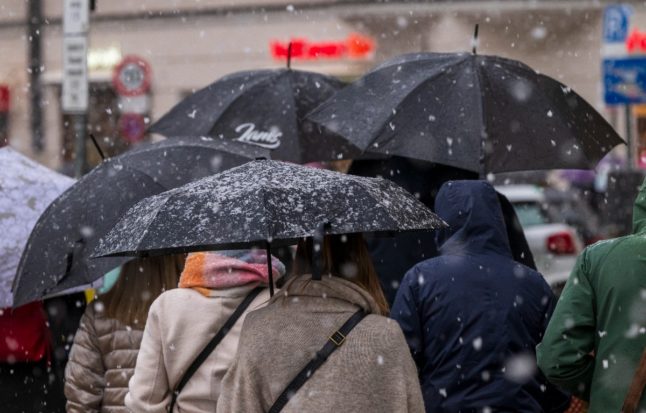As the fourth warmest winter since 1881 drew to a close this week, consumers were not only basking in unseasonal sunshine, but also in big savings on their energy bills.
Unusual levels of sunshine and above-average temperatures over the past months have given energy customers less call to crank up the thermostats, bringing an annual average saving of over €100 in heating costs per household.
The mild weather alone has delivered an on average 11 percent saving on consumers' heating bills this year, according to the energy experts at the North Rhine-Westphalia consumer advice centre.
Energy customers have made further savings from this year's drop in oil and gas prices, partly due to the shale gas boom in the United States, the centre said.
Meanwhile, with consumers having more cash to spend, economic forecasters said 2014 was looking better than expected.
The German government's economic advisors, known as the Five Wise Men, upgraded their forecast for economic growth this year on Thursday after an unexpectedly good start to 2014.
Positive growth impulses would come mainly from domestic demand, with both consumer spending and investment in equipment likely to pick up, the panel predicted.
But a good year for consumers has been a bad one for the German energy industry, which has suffered losses because of the warm winter.
A spokesman for German energy giant RWE said gas sales had dropped by ten percent since October last year, when the frost and wintry weather dragged on past Easter into April. "The mild winter will pay off for [gas] customers," said the spokesman.
Energy supplier Eon, which is also facing losses, also agreed its customers had made savings percent because of the warmer weather.
"A family of three has saved around €150 in heating costs due to the mild weather," said Uwe Kolks, head of Eon Germany.
The lack of snow means Germany's salt producers are also feeling the pinch – Kassel-based producers K+S said it had seen "considerable" losses.
Authorities in North Rhine-Westphalia, for example, said their road salt bill was down by 25 percent on last year.
The industry is particularly vulnerable to weather fluctuations, with a mild winter seeing production drop from an average of 2.3 million tonnes of salt to just 1 million tonnes.
On the other hand, a harsh winter can mean authorities scatter up to 4 million tonnes to keep the roads open.



 Please whitelist us to continue reading.
Please whitelist us to continue reading.
Member comments